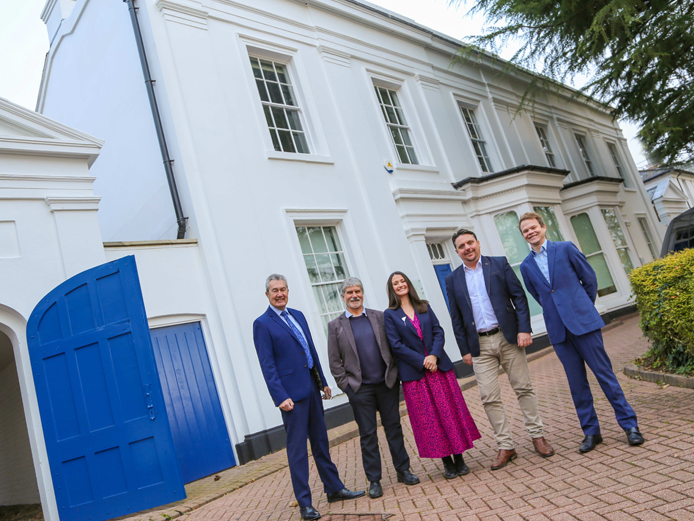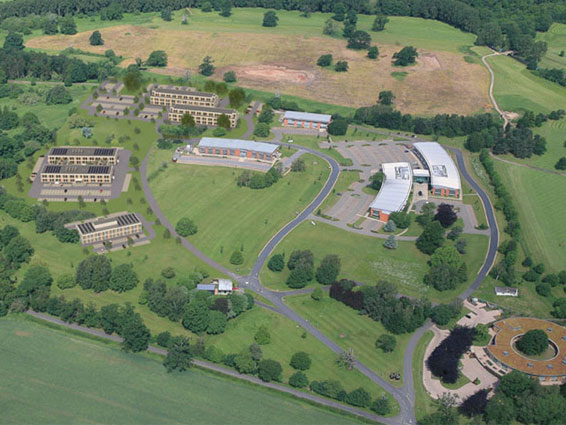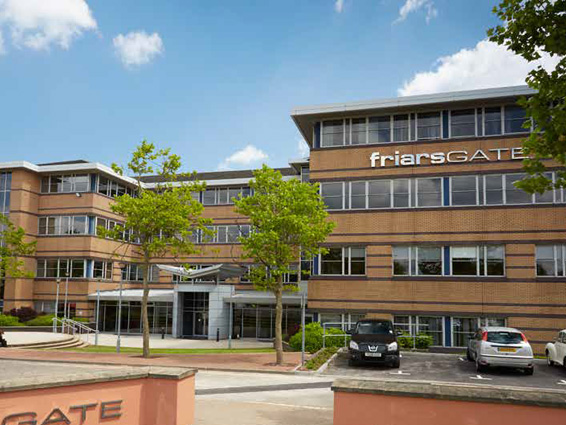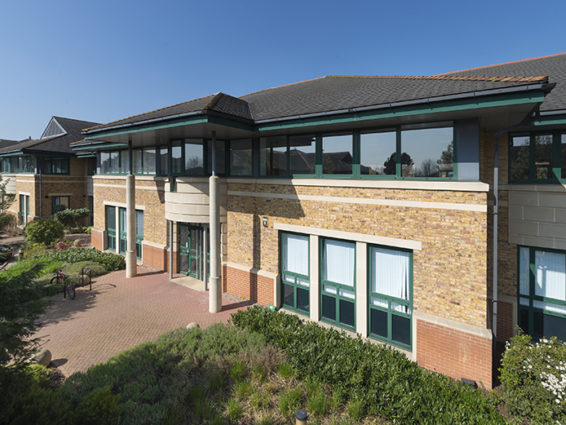Life sciences in Birmingham: Celebrate success – but always focus on the future
News that the University of Birmingham (UoB) is collaborating on a project to deliver more precise drug dosing in children with cancer is the latest example of the remarkable expertise that Birmingham and the West Midlands have acquired in healthcare and life sciences.
Earlier this year, a UoB research team led by Professor Tim Dafforn won global acclaim after revealing that it had developed the world’s fastest COVID-19 test.
Their achievement, and this week’s announcement of the ChromaDose project, renewed hopes that life sciences can continue evolving to become a major force within the regional economy.
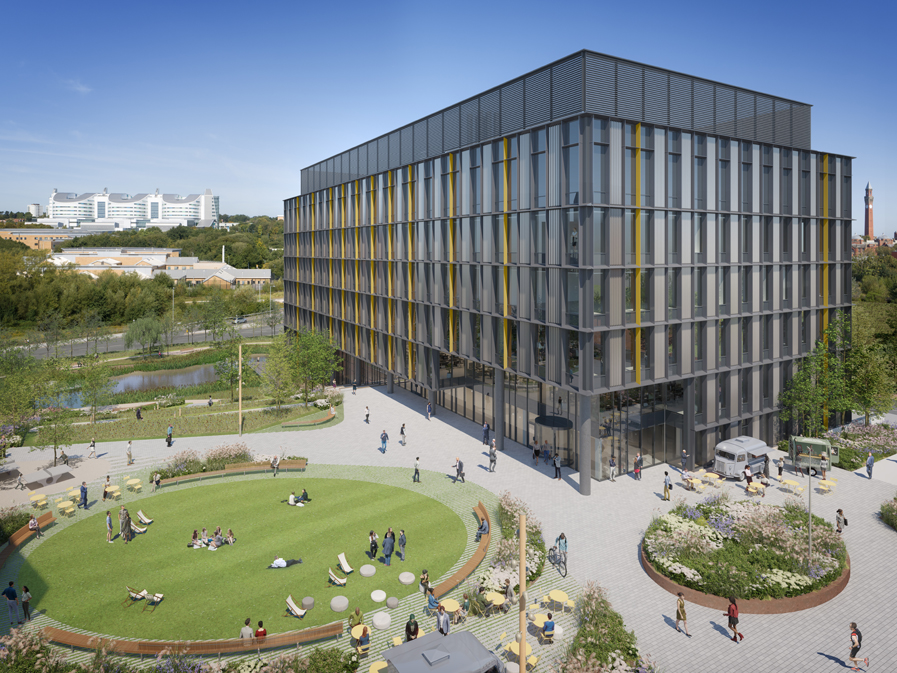
However, whilst everyone at KWB shares the optimism, it’s also important to highlight the need to provide the right physical environment in which both life sciences and the wider healthcare sector can flourish.
John Bryce, Director of KWB, said: “It’s been fantastic to witness the positive impact on health and wellbeing made by the Institute of Translational Medicine on the QE campus, Cure Leukaemia, the digital healthcare team at Warwick University and many other organisations and research teams.”
Enabling works are also underway for the Birmingham Health Innovation Campus (pictured), pending a planning application decision (due in mid-April), with construction expected to start in June, and a scheduled opening date in autumn 2023.
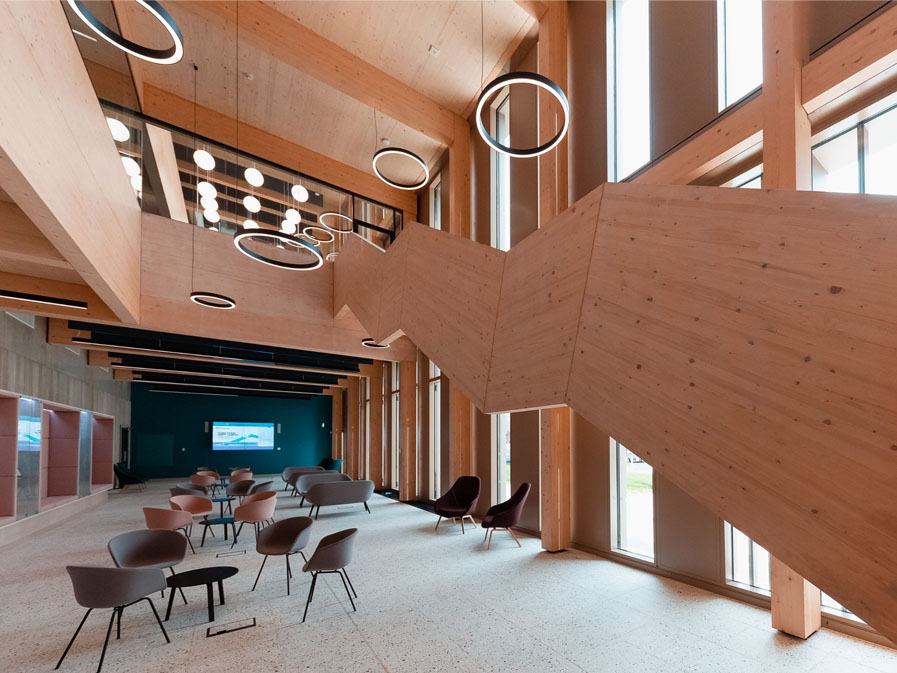
John continued: “As in any sector though, we must take care to deliver the infrastructure that allows life sciences and healthcare talent to blossom and then grow, and constantly review our development and delivery strategies so they dovetail with the requirements of a fast-changing sector.
“A med-tech start-up or university spin-out typically needs only a desk or two and lab access alongside a strong support network, whereas a successful SME needs grow-on space, and OEMs operating in life sciences and healthcare require significant chunks of land on which to establish regional hubs.
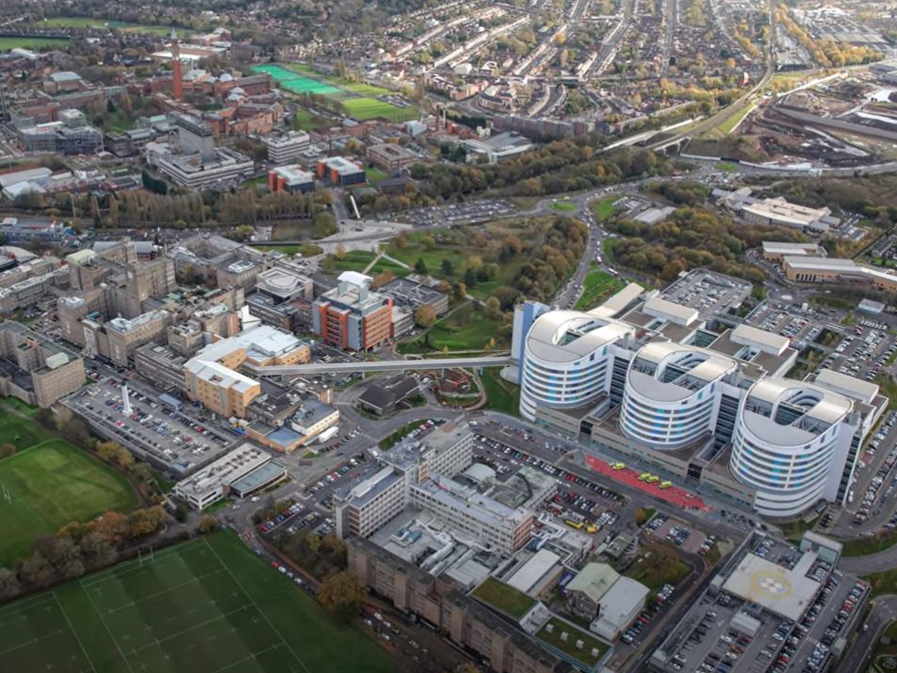
“We should most certainly celebrate every research success and each innovation delivered by this region, but equally, those achievements mustn’t distract stakeholders from focusing on both the medium and long-term.
“Everyone involved in the provision of such space – from universities and local authorities to landlords, funders and advisers – must always be looking years into the future. No-one can afford to look around at what has been achieved, relax and imagine that the job is done.
“We’ve all seen, for instance, successful science parks fall behind their peers because they failed to deliver the right mix of space. Equally, no-one can ever afford to pin all their hopes on attracting one particular anchor tenant, especially in such a global and footloose sector as life sciences.
“The region’s foreign direct investment (FDI) strategy also needs to be flexible. Life sciences and healthcare will be a core element for now and long into the future, but there are other equally important strands, notably advanced engineering, aerospace, automotive, digital, fin-tech and logistics, and we need to focus relentlessly on them all.”
If you would like to discuss your specific property requirements and how KWB can help you address them, please contact John Bryce on 0121 233 2330 or email jbryce@kwboffice.com.

